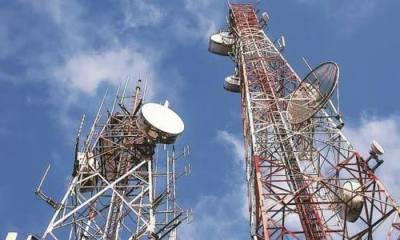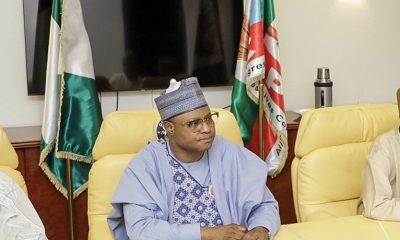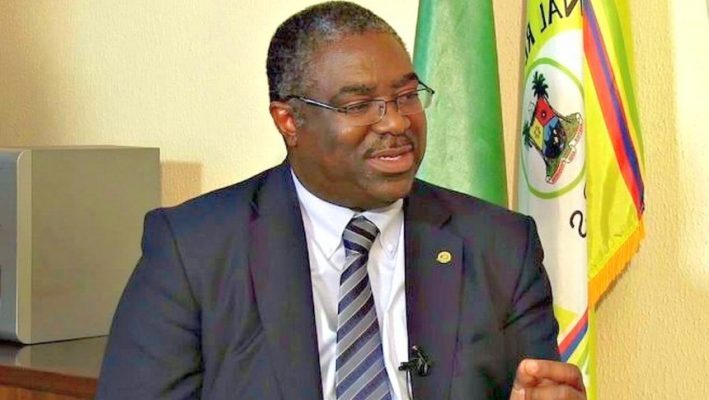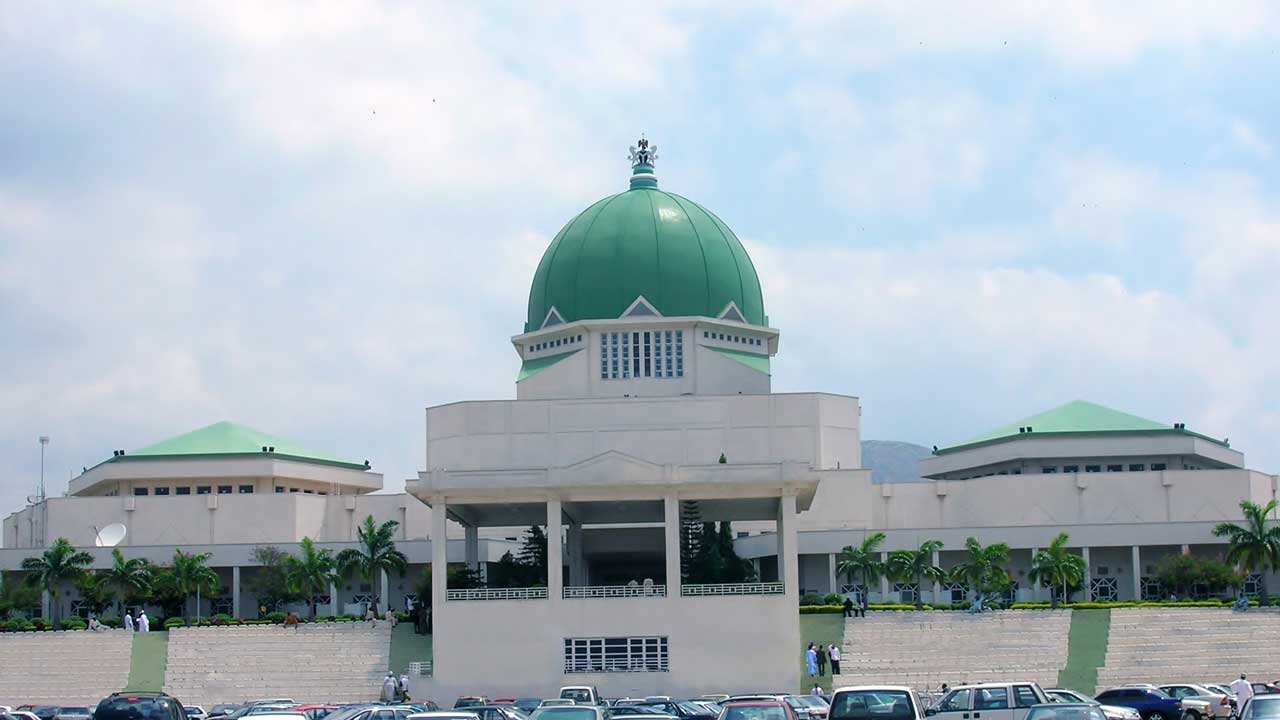By ADEDEJI FAKOREDE
CRISIS looms in the telecommunications sector over a proposed bill currently at the National Assembly, National Daily investigation has revealed.
The bill which seeks to enforce a nine per cent Communication Service Tax (CST) on charges payable by a user of an Electronic Communication Service (ECS) including Short Messaging Service (SMS), Multi Media Messaging Service (MMS), data and Pay-Television services supplied by service providers is said to be generating negative reactions from stakeholders.
Stakeholders in the industry including the Association of Licensed Telecommunications Operators of Nigeria (ALTON); Association of Telecommunications Companies of Nigeria (ATCON) and the National Association of Telecommunications Subscribers (NATCOMS) have jointly wrote a letter to the Minister of Finance, Mrs. Kemi Adeosun and Minister of Communications, Adebayo Shittu, about the dangers the new tax system portends for the industry if it becomes a law.
The Global System for Mobile telecommunications Association (GSMA), the body, which represents mobile operators worldwide, also joined them in the letter, dated March 30, 2016.
According to findings, the bill, titled, “The Communication Service Tax (CST) Bill, 2015,” is a private member bill.For CST purpose, “User” is defined as “a customer or subscriber of any electronic communication network or broadcasting service and includes a customer that is an operator or provider of electronic communications network or service.”
In effect, customers who purchase ECS solely for resale (middlemen) are also required to pay CST on their purchases. As contained in the bill, providers of ECS are required to collect CST upon supply of services and remit the tax to the Federal Inland Revenue Service (FIRS) no later than the last working day of the month following the month of transaction. However, this timeline may be extended in certain circumstances, according to the proposal of the bill.
ALSO SEE: ICT tool for poverty eradication — Danbatta
Failure to submit CST returns by the due date would attract a penalty of N50, 000 plus N10, 000 for each day of default, and interest at the rate of 150 per cent of the average prevailing commercial bank lending rate published by the Central Bank of Nigeria (CBN).
Also, refusal of service providers to provide government access to the network nodes attracts a penalty of five per cent of the yearly gross revenue of the last audited financial statements.
Though, the bill is still a proposal, failure to pay the interest due on default within one month would attract additional interest on the unpaid interest.
Commenting on the matter, the Chief Executive Officer of Airtel Nigeria, Segun Ogunsanya, said the planned tax bill would lead to increase in call charges resulting in less minutes of use on networks. Ogunsanya seeks sector’s engagement with the NASS to dock the tax bill and the communications bill, 2016 in view of the potential adverse impact on the industry.
The stakeholders posited that further taxation on electronic communication services would hit lower income consumers the most, who are already struggling due to the adverse economic situation and increased price pressure and for whom affordable access to information and communication technology is critical to their social and economic inclusion.
“Moreover, this will result in a double taxation for consumers who already pay Value Added Taxes on telecommunications services”, they stressed.
In addition, they stressed that the potential of mobile broadband is apparent from the rapid development of the digital economy in Nigeria and is supported by a diverse and growing local ecosystem, with usage of apps growing by up to 30 per cent yearly for example.
They reminded the government that the development of a competitive digital economy, boosted by mobile penetration and investment in networks will, over time, strengthen the economy as a whole leading to faster economic growth together with higher fiscal income for the government from a broader tax base.
According to them, by impacting usage of communications services and in turn industry revenues, this proposed tax will have adverse effect on the industry investment needed to improve and expand mobile connectivity across the country.
They stressed that mobile industry investment in Nigeria is already constrained by multiple level of taxes and fees set by local and regional authorities, in addition to fees to the national telecommunications regulator and high costs of right of ways.

 Football6 days ago
Football6 days ago
 Football1 week ago
Football1 week ago
 Entertainment4 days ago
Entertainment4 days ago
 Football7 days ago
Football7 days ago
 Football7 days ago
Football7 days ago
 Football5 days ago
Football5 days ago
 Business4 days ago
Business4 days ago
 Crime5 days ago
Crime5 days ago









